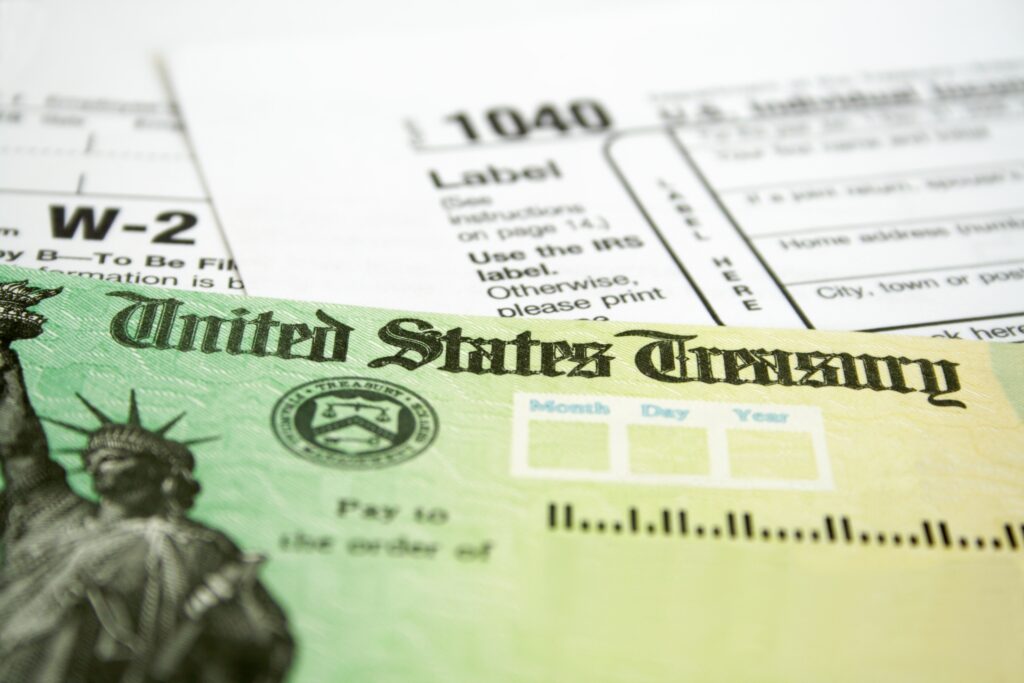
For months the IRS has been working to clear a massive backlog of unprocessed tax returns. Many Americans are owed hundreds – if not thousands of dollars – as part of unemployment refunds.
In short, these tax filers overpaid on unemployment benefits when filing taxes in the spring. Amendments were made to tax law as part of the American Rescue Plan. This meant millions of payments needed to be made on top of stimulus checks and child tax credit payments. Of course, the IRS also had traditional tax refunds to complete.
The first $10,200 individuals earned on unemployment in 2020 is not subject to income tax. The change triggered an IRS assessment of those who filed and received unemployment benefits. If your income was less than $150,000 per year, and you received unemployment payments – there’s a good chance that a refund is coming your way.
When will unemployment refunds hit bank accounts
There’s an indication that the IRS is making solid progress on its backlog, which could mean that unemployment refund checks could be deposited in the coming weeks.
While some were concerned about the backlog lasting into 2022 – the IRS managed to shrink the overall backlog of unprocessed tax returns from 35 million in early August to around 8 million in September.
How much will the average IRS unemployment refund be?
It depends on your individual situation, but the IRS indicates that the average refund is around $1,600. Some will get more or less, but the average is based on what the IRS has left to process from 2020.
As of late July, over $10 billion in unemployment refunds had been sent out to more than 8.7 million people.
“The IRS effort (is) focused on minimizing the burden on taxpayers so that most people won’t have to take any additional action to receive the refund,” the agency said. “The IRS review means most taxpayers affected by this change will not have to file an amended return because IRS employees have reviewed and adjusted their tax returns for them. For taxpayers who overpaid, the IRS will either refund the overpayment or apply it to other outstanding taxes or other federal or state debts owed.”

